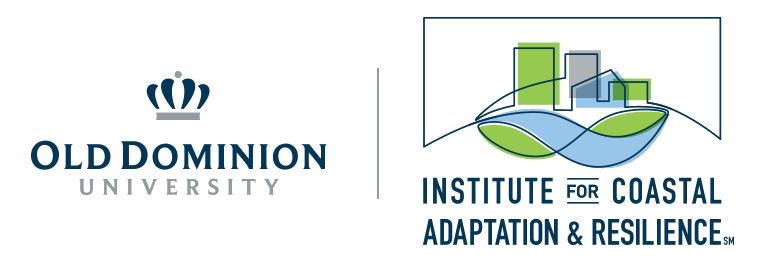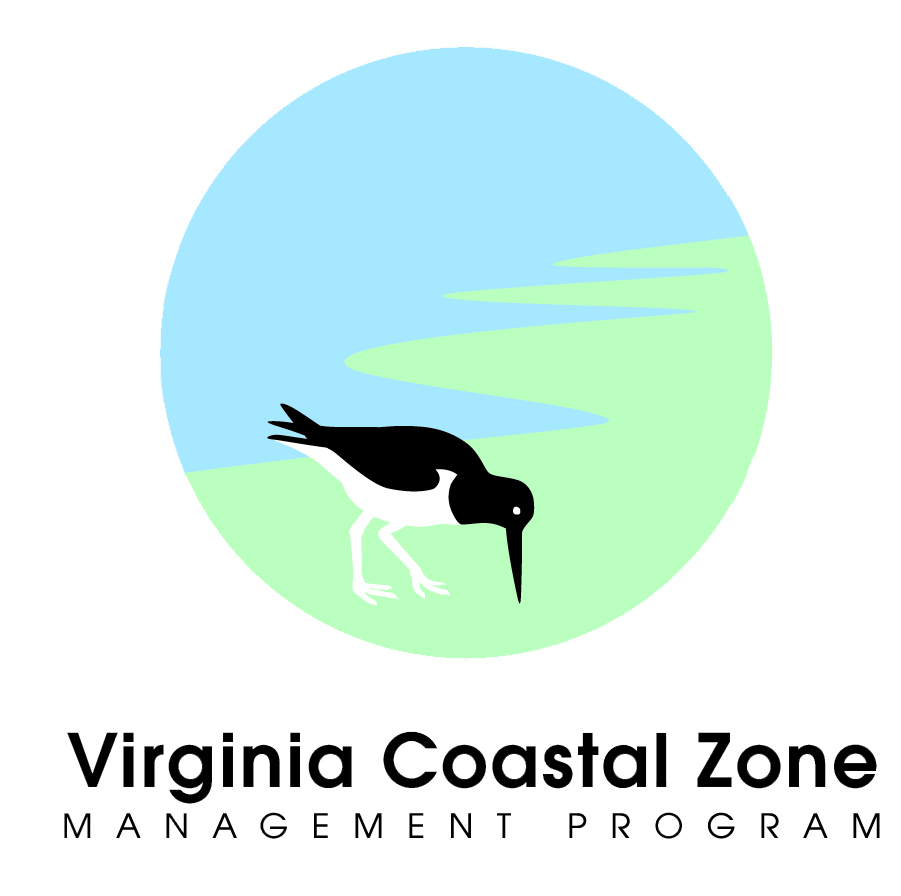What is The RAFT?
The Resilience Adaptation Feasibility Tool (The RAFT) is an innovative “collective impact” collaborative approach to climate resilience that leverages the expertise and resources of multidisciplinary partners and diverse stakeholders to assist localities and sovereign tribal nations striving to increase their resilience.
Resilience is the capacity to anticipate threats, reduce a community’s vulnerability, and respond to and recover from hazardous events and chronic stresses. A community can be vulnerable as a result of its physical location and infrastructure, but social factors within the community, such as access to transportation or medical fragility, can also increase vulnerability. A resilient community, on the other hand, is one that is able to adapt, endure, and thrive in the face of change, uncertainty, and adversity. From hurricane preparedness and recovery programs, to appropriate land-use policies and infrastructure protection systems, to programs to connect with and support vulnerable community members, there are many programmatic and planning steps localities can take to increase their resilience.
The RAFT offers a year-long process in which participating localities and Tribes are:
1) provided an independent assessment of their resilience, using The RAFT Scorecard;
2) engaged in a community leadership workshop where participants discuss the community’s strengths and opportunities, and develop a Resilience Action Checklist of actions that will make a difference in community resilience and that can be completed and/or initiated within one year; and
3) supported through one year of implementation by The RAFT university collaborative.
The RAFT three-part process is supported through a mix of federal, state, and private foundation grants and donated services, and is provided at no cost to participants.
To learn more about The RAFT and its grassroots, community-driven process please see this orientation video.
To view or share a one-pager on The RAFT process and its value to communities, please download this PDF.
Image Credit: Patrick J. Hendrickson / Highcamera.com

.png)




